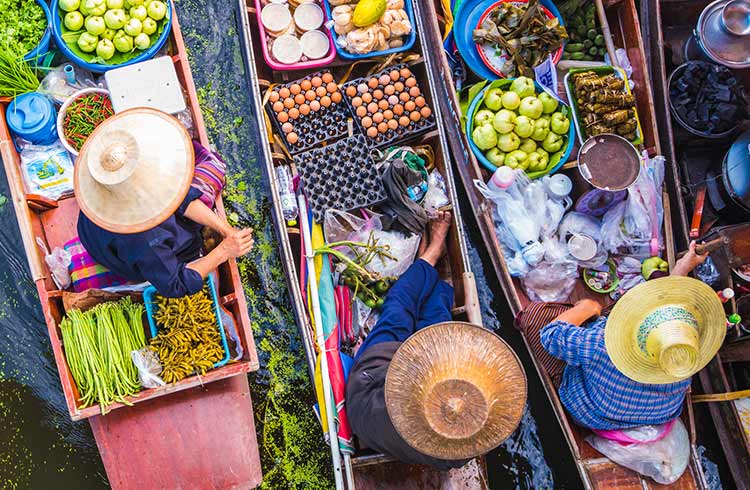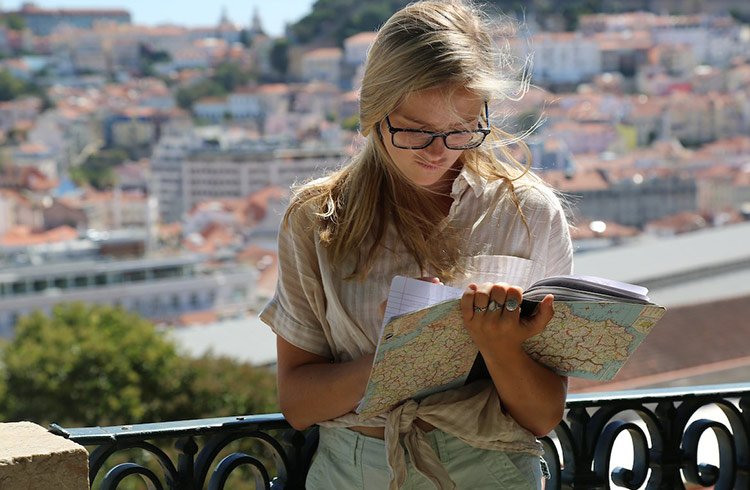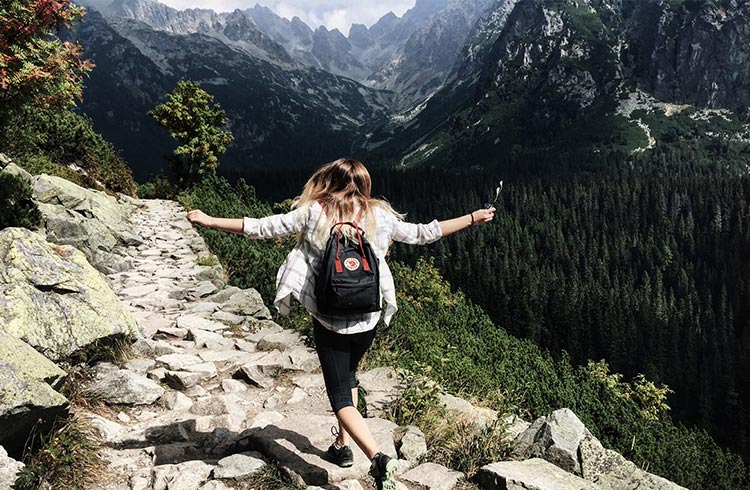The best travel articles involve more than just great writing. New York Times writer Tim Neville says the steps freelancers take before they sit down to write make all the difference.
 Photo © Getty Images/Marco Bottigelli
Photo © Getty Images/Marco Bottigelli
Mark Jenkins, a writer for National Geographic and former columnist at Outside magazine, once told me how each of his articles reveals just the tippy top of the work he put into a job.
Underneath each assignment rests a mountain of research, notes and other materials upon which the story is built. As a fact-checker charged with reviewing some of his articles, I'd ask to see those notes. Sure enough, a small mountain would land on my desk. The best travel articles come full of details and facts that you can’t get just by visiting a place like you normally would. Think of yourself as a chef out gathering ingredients for a meal you’ll serve to all of your readers.
You simply can't build a great story if you don't have great parts.
Fortunately, finding those great parts is often just a matter of being very curious, all of the time. You ask questions. You read signs, talk to people, observe and get some answers. Those answers should go in your notebook, yes, but so should thoughts you have while experiencing the place.Kevin Fedarko, the author of The Emerald Mile, often brings two notebooks: one for the facts and names and observations; the other holds his thoughts and feelings.
Gather the goods
- Read a local newspaper and browse local websites.
- Learn a few words of the language and get the local word for unusual ingredients or tools.
- Ask silly questions as well as serious ones.
- Don't pretend to understand something when you don't.
My notebooks are often a mishmash of hard facts and something like diary entries. I write down the names of foods, the species of trees, and the kind of rock underfoot. I get names and email addresses. If a word or phrase comes to mind that I like, I note it. When someone says something pithy or describes a situation well, I'll jot it down and put a circle around the person's name, which tells me it's a quote.
When in doubt, write it out. Or take a picture. Instead of noting book titles displayed on a shelf in a hotel lobby, I just take a picture of the shelves in case I need that detail later. Don't bother noting stuff you can always look up later, like opening hours.
At the end of each day, go back over your notes and write a quick summary of what happened before everything begins to blur together.
Seven steps to a good interview
- Reach out. Try to meet in person.
- Warm-up. Unless time is an issue, start with some easy chit-chat. It helps people to relax.
- Explain the process. Warn your interviewee that you're going to ask a lot of questions, some of them silly, but it will all come together in the end. You can’t send the article to them to read before publication, but you can promise to fact-check anything you use. This can help build trust while opening the door for you to do a follow-up interview later.
- Talk. Have a list of open-ended questions prepared but don’t just run down the list. Use them as springboards to other questions. It’s ok to let the conversation wander for a bit but be ready to get your interviewee back on topic, too.
- Note. Laws permitting, record the conversation while using a notepad to jot down key talking points and observations from your setting. A Ferrari drives by. There’s a picture of his mom on his desk. She sits upright and claps when Maroon 5 comes over the radio.
- Probe. Gently work up to guiding your interviewee into emotional spaces with some prompting that gets ahead of the obvious, weak answers. “I know you love gliding peacefully through gorgeous places using your own muscles, but what is it about those things that make sea kayaking so special to you, so much so that you’ve built a business around it?
- Conclude. Your last question should always be: Is there anything you'd like to tell me more about or that you don't think I quite understand or what you hope people might take away from our talk? Before formally ending the interview, thank him or her and casually circle back to something fun you learned to see if any other details burble up. Thanks for sharing that part of your story with me and good luck with the dog training.
Related articles
Simple and flexible travel insurance
You can buy at home or while traveling, and claim online from anywhere in the world. With 150+ adventure activities covered and 24/7 emergency assistance.
Get a quote

No Comments